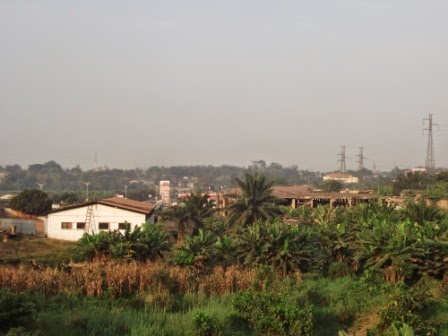The
guidelines illustrate how a failure to address social justice can increase
living costs and cause job losses for disadvantaged groups.
Policy debates around the green economy concept tend to
focus on climate change and economic growth but ignore the impacts on society,
particularly on people living in poverty and their dependence on natural
resources.
The ten recommendations draw on a review by IIED and CAFOD of
diverse national experiences. The review’s case studies show how inclusive
green policies can both benefit society and protect the environment.
Fishing exclusion zones and hunting restrictions, for
example, may protect the environment but, if designed without social concern,
can push people who depend on these resources further into poverty.
“It would be dangerous to assume that green policies
will automatically help to tackle poverty,” says Kate Raworth, visiting fellow
in economics at IIED and co-author of the paper. “Indeed, without care, they
could well do the opposite.”
The guidelines are intended to help steer policymakers
towards integrated strategies that promote both social and environmental goals.
Established
examples of such approaches include:
 ·
India’s National Rural Employment
Guarantee Scheme, which guarantees poor people – particularly women and ethnic
minorities – 100 days’ work per year building community assets
·
India’s National Rural Employment
Guarantee Scheme, which guarantees poor people – particularly women and ethnic
minorities – 100 days’ work per year building community assets
·
South Africa’s Working for Water Programme, which employs 25,000 people each
year to clear invasive species from waterways.
More
ambitious still are policies that tackle the drivers of poverty and inequality
whilst also greening the economy. Bangladesh’s Solar Homes Programme provides
electricity to two million rural homes and empowers women as technicians to
install and maintain the systems. IIED is tracking such innovations along with
the Green
Economy Coalition, of which it is a founder member.
The guidelines are for all stakeholders involved in the
transition to a green economy, including national policymakers and
international players such as UN agencies, development banks and donor
agencies.
Among
the recommendations are:
·
Look for opportunities to both
achieve social benefit and protect the environment
·
Seek ways to tackle all areas of
poverty including health, education, income, living standards, security and
resilience
·
Consider ways to protect the
environment beyond reducing carbon emissions
·
Involve local communities and
minority groups and recognise the agendas of more powerful players
·
Be aware that some economic
methodologies and pricing instruments can often overlook long-term social
benefits
“Policymakers
risk missing the chance to tackle poverty through the design of their national
green strategies,” says Raworth. “These guidelines draw on a wealth of diverse
country experience to ensure that any green transition is also a just
transition.”







No comments:
Post a Comment